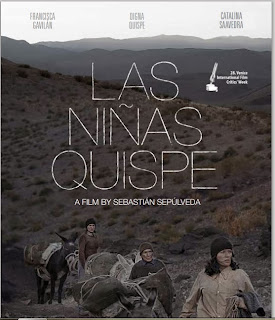159. Georgian film director Zaza Urushadze’s “Mandariinid” (Tangerines) (2013): A Gandhian perspective on contemporary waves of hate, national and religious

T he year 2013 has introduced new talents to the forefront in cinema. The Georgian film director Zaza Urushadze can hardly be considered to be a known entity in international cinema. Yet Mr Urushadze has written a witty and touching film called Tangerines, which is an adorable, small-budget film that is superior both in content and quality to the much touted and comparatively big budget films from USA and France made in 2013. What is more, two small brilliant films, Uberto Pasolini’s Still Life (2013, UK/Italy) and Urushadze’s Tangerines, reinforce two thumb rules in cinema—one, talented directors can write their own scripts—they don’t need to lean on professional scriptwriters or adapt their screenplays from successful novels or plays--and two, a positive humanistic tale, interestingly told, will grab a viewer in any corner of the world. Tangerines is a wonderful film that needs to be viewed and appreciated for its direction, acting and screenplay apart from the general k...

